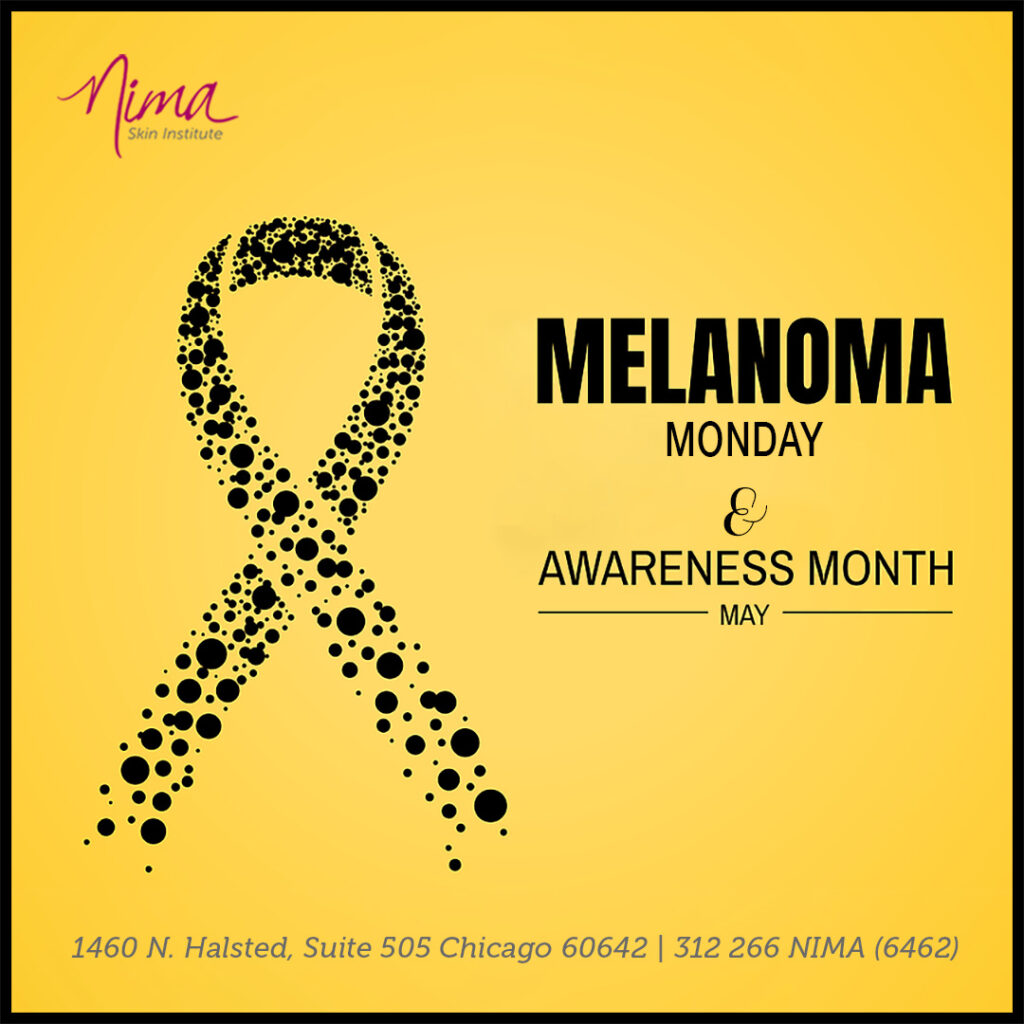The first Monday in May is Melanoma Monday, and the entire month is designated as National Melanoma Awareness Month. This is designed to raise awareness about the dangers of melanoma, a type of skin cancer. If left untreated, this form of skin cancer can spread rapidly to other areas of the body. It is important to understand the risks of melanoma and encourage early detection.
Not so fun facts
Melanoma…
- is the deadliest form of cancer.
- accounts for about 75% of all skin cancer fatalities.
- can develop in other areas of the body such as the eye, underneath nails and inside the nose and mouth.
- incidences seem to be increasing in recent years.
- is most common in people with fair skin and those who have had high levels of UV exposure.
Know the warning signs
Early detection is important because when melanoma is found and treated early, the chances for long-term survival are excellent. As it progresses, it becomes increasingly harder to treat and has a worse outcome. Being diligent about protecting your skin is important, as is knowing the signs of melanoma skin cancer. In general, note any new moles or growths, and any existing growths that begin to change significantly in color, shape, or size.
The ABCDE’s of Melanoma
Use the following to see if any of your moles have atypical features:
A = Asymmetry. Is the mole symmetrical or is one half unlike the other?
B = Border. Is the border irregular, scalloped, or poorly defined?
C = Color. Is the color uniform or varied from one area to another? Are there shades of tan, brown, or black or even sometimes white, red, or blue?
D = Diameter. How big is the mole? Is the mole greater than 6mm (the size of a pencil eraser)?
E = Evolving. Has the mole changed in shape, size, or color? A mole or skin lesion that has some other changes, such as bleeding, itching or drainage coming from it, may also be a sign.
Treatment is possible
It’s true. Catching skin cancer in its earliest stages is the key to successfully treating it. We can surgically remove early melanomas, if detected. Unlike other types of cancers, advanced melanoma doesn’t respond well to chemotherapy or radiation. If found in later stages, when the melanoma cancer has spread to other parts of the body (metastasized), treatment options become extremely limited and there is no definitive cure.
Here for your dermatological needs
If you have a mole that’s changed, schedule an appointment for an evaluation. Feel free to contact us about this or any medical and cosmetic dermatological service.

